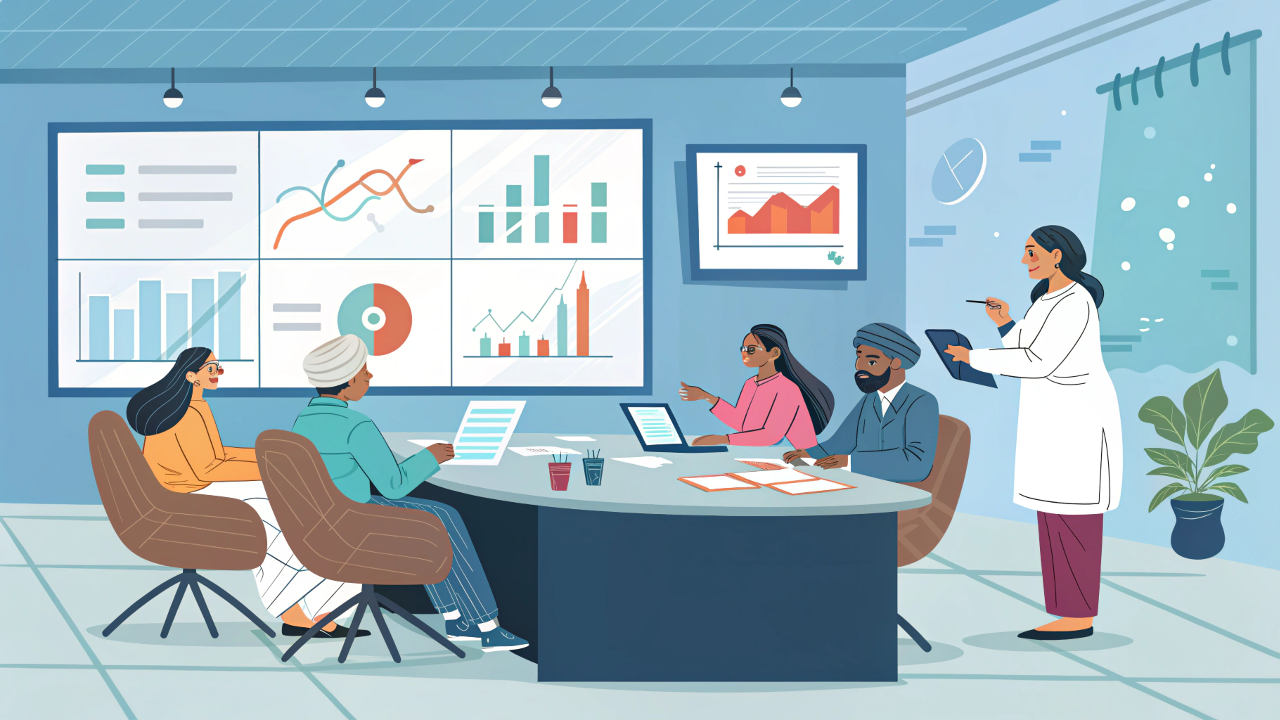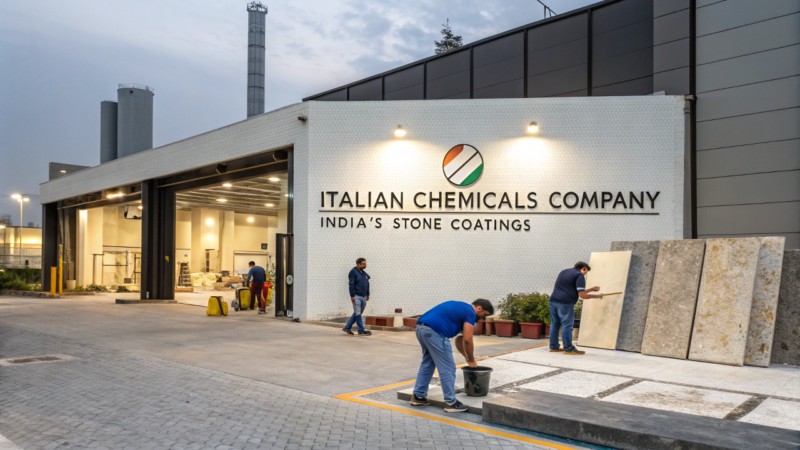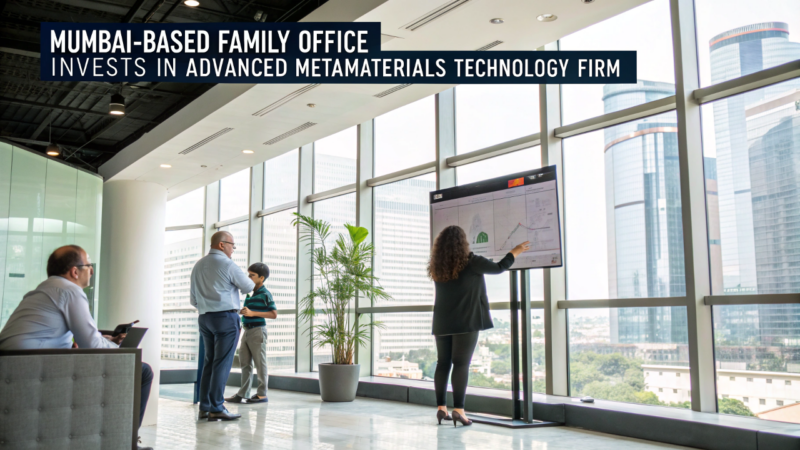
Strategic Investment by Indian Family Office Strengthens Domestic Healthcare Manufacturing
In a strategic move that aligns with India’s expanding healthcare and life sciences infrastructure ambitions, a prominent Indian family office, advised by UBR Infrastructure LLP, has secured a minority stake in a leading Indian eyecare manufacturer and platform business. This investment underscores the increasing convergence of industrial capital with critical wellness infrastructure to establish resilient and high-impact sectors for India’s future.
Boosting Health-Tech Manufacturing and Enhancing Vision Care Access
The eyecare business, comparable in scale and vision to global players like Bausch & Lomb, has developed significant domestic capabilities in ophthalmic products, including contact lenses, lens care solutions, diagnostics, and vision correction tools. With manufacturing units located in an industrial corridor in Southern India and a growing distribution network across Tier 1 and Tier 2 cities, the company operates at the crossroads of initiatives such as Make in India, Health for All, and Export India.
The investment will enable the company to scale up its research and development and production infrastructure, with plans to expand its sterile packaging facilities, new testing labs, and pilot production lines for next-generation lens materials. This move is expected to create both skilled and semi-skilled jobs within emerging healthcare manufacturing clusters, a priority for India’s industrial policy.
UBR’s Strategic Vision: Strengthening Healthcare Infrastructure Accessibility
UBR Infrastructure LLP, as the strategic advisor in this deal, has emphasized that the investment goes beyond manufacturing—serving as an enabler of healthcare infrastructure focused on broader accessibility and innovation.
“We believe India’s healthcare infrastructure must evolve beyond hospitals and labs. This investment supports infrastructure that reaches citizens directly: preventive eyecare, diagnostics, and home-use clinical technology. This is health infrastructure for the next billion,” said a spokesperson from UBR Infrastructure LLP.
UBR’s advisory efforts included evaluating site scalability, logistics infrastructure readiness, and ensuring alignment with state-level industrial policy frameworks, turning this deal into a blueprint for regionally embedded industrial development.
Building Resilient Domestic Supply Chains for Wellness Products
The family office’s capital injection will focus on enhancing capabilities in areas currently reliant on imports, such as high-precision vision lenses, optical polymers, and vision diagnostics. Additionally, UBR Infrastructure is collaborating with state agencies to help the company access incentives under the Production Linked Incentive (PLI) scheme for medical devices and wellness consumables.
This initiative strengthens the resilience of India’s health-tech supply chains—an objective expedited post-COVID—and promotes import substitution in critical categories.
A Platform for Global Export and Public Health Innovation
With a pipeline of products designed for both retail and institutional buyers, the company plans to launch affordable vision screening kits, enterprise wellness platforms for industrial workforces, and digitally connected diagnostic tools for rural outreach. These initiatives align with India’s National Digital Health Mission (NDHM) and the Prime Minister’s Ayushman Bharat scheme.
The company, already exporting to over 18 countries, aims to expand into Africa, ASEAN, and the GCC markets within the next 24 months, leveraging India’s growing reputation in affordable health-tech manufacturing.
Conclusion: Investing in the Future of Wellness Infrastructure
This transaction reflects UBR Infrastructure’s advisory philosophy—where infrastructure encompasses not only medical access and advanced manufacturing but also policy-aligned site development and export platform creation. As India accelerates its transformation into a global industrial and healthcare hub, such investments are more than just financial—they are the building blocks for the wellness infrastructure of tomorrow’s India.






